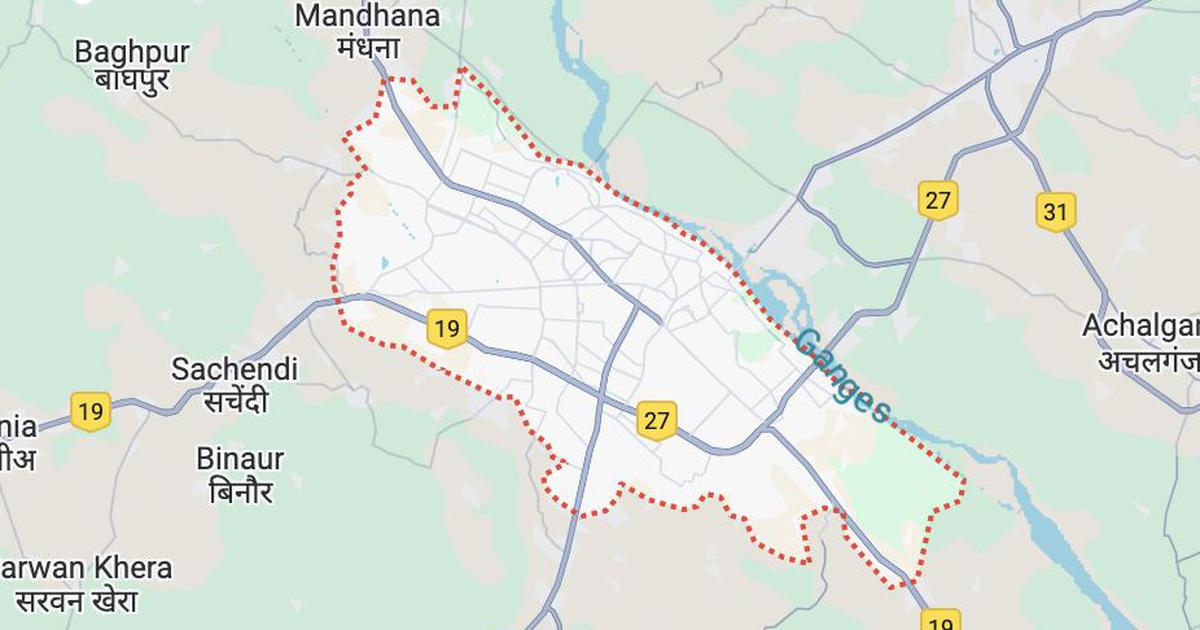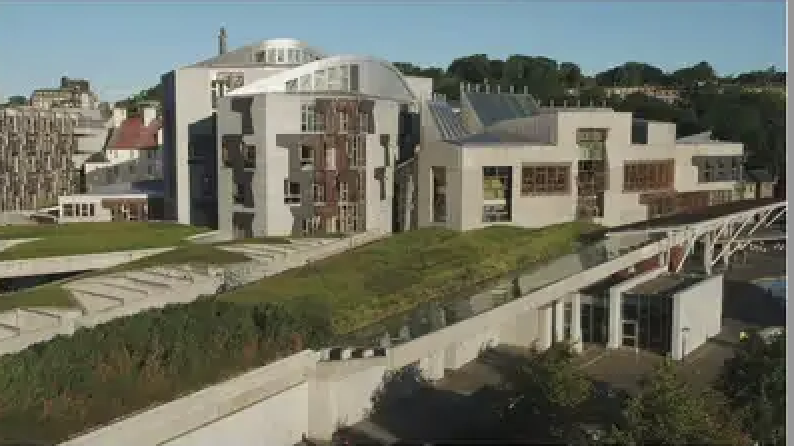For many in Jammu and Kashmir, the Supreme Court’s Monday verdict, which put a unanimous stamp of approval on the Centre’s decision on August 5, 2019 to scrap Article 370 of the Constitution of India that gave the former state a special status, came as no surprise.
“The court has shown once again that when it comes to Kashmir, it is an extension of the Indian state,” a student of political science in Srinagar, who did not want to be identified, told Scroll.
Several residents said they had not expected the court to go against the powerful Bharatiya Janata Party government in Delhi on a decision that was central to its ideological agenda.
“The revocation of Article 370 has been on the BJP’s agenda since long,” the student said. “The founder of its parent organisation Bharatiya Jana Sangh [Shyama Prasad Mookerjee] died in Kashmir while protesting against Jammu and Kashmir’s special status.”
A five-judge Constitution bench headed by Chief Justice DY Chandrachud on Monday ruled that Article 370 was a temporary provision “necessitated because of the war conditions in the state” and that the state of Jammu and Kashmir had no “internal sovereignty”. “It was a feature of asymmetrical federalism, not sovereignty,” the bench said.
The court also ruled that the President of India did not need the concurrence of the state government of Jammu and Kashmir to repeal Article 370. In August 2019, when New Delhi sprung the decision on the people of Jammu and Kashmir, the erstwhile state had no elected government and was under President’s Rule.
This story was originally published in scroll.in. Read the full story here .






